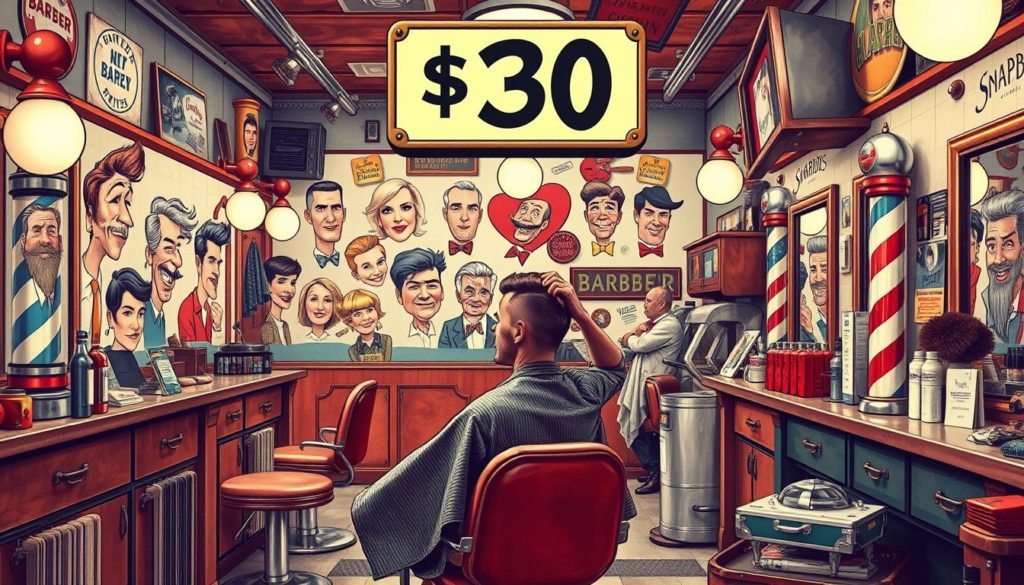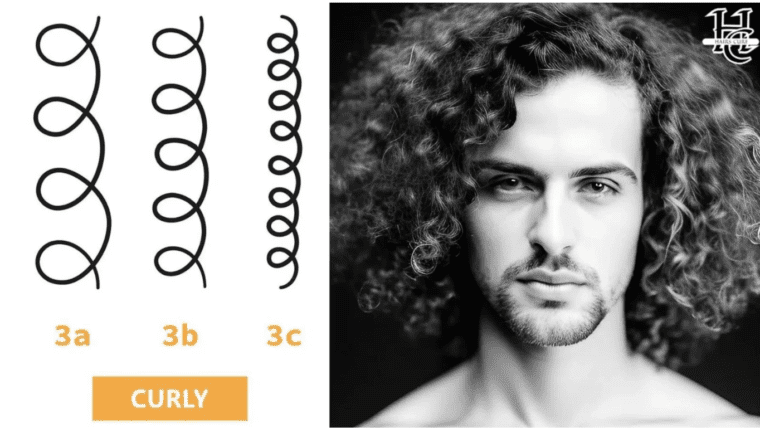The limits of my language mean the limits of my world. — Ludwig Wittgenstein. This quote shows how our words shape what we see and think. The “$30 Haircut” meme is a funny way to talk about class and who thinks they’re better than others. It’s a joke that also makes us think about class and who we see as in charge.
The phrase “don’t you lecture me with your $30 haircut” is more than a laugh. It’s about deeper talks in class and who we think is important. This article looks at where the meme started, its impact, and how it changes how we talk online today.
Introduction to the “$30 Haircut” Meme
The “$30 Haircut” meme is a big deal online today. It shows how internet humor turns simple words into big talk. It tells us how we judge people by what they look like, like their haircut.
The Rise of Internet Memes
Internet memes started to pop up in the 2010s and became a big part of how we talk online. Sites like Reddit, Twitter, and TikTok made memes popular because they let people share their thoughts quickly.
Now, memes are a way to make fun comments. Saying, “Don’t you lecture me with your $30 haircut”, is a funny way to say you think someone is being too critical.
Defining the “$30 Haircut” Context
The “$30 haircut lecture” discusses judging people and their worth. It asks if someone’s looks should really matter in what they say. The meme’s joke points out how silly it is to judge someone just by how they look.
Exploring the Origin of the Phrase
The phrase “lecture $30 haircut” started from a moment that touched many online. It mixed humour with frustration, making it popular on Twitter and Reddit.
The Viral Moment
A video showed a famous person in a funny moment. This video became a hit, making people laugh. Then, creators made new versions, keeping the phrase alive.
Where It All Started: Background of the Meme
Urban Dictionary and others noted the $30 haircut meme’s start. It grew from one funny moment to a big cultural thing, making people think about how we see ourselves and our choices in life.
The $30 haircut joke became a way to talk about irony and online culture. It changed how we see funny moments online.

Don’t You Lecture Me With Your $30 Haircut
The phrase “don’t you lecture me with your $30 haircut” is now a big part of our talk. It’s often used with sarcasm to show how some people act pretentious. This saying is funny, but also points out how we shouldn’t judge others by how they look.
It’s easy to use in many conversations, making it a popular saying in our culture.
What It Means in Popular Culture
This saying shows how silly it is to judge someone by their hair. The $30 haircut is seen as less important, showing that true value is in deeper things. People who like being real find this message true.
So, when someone says this, it can make people laugh and also make them think about judging others.
Usage in Social Media
This phrase is everywhere on social media. Memes and GIFs with “Don’t you lecture me with your $30 haircut” spread fast. They are used to showing annoyance when they are looked down upon.
It’s a way for people to use humor when they’re upset with snooty behavior. It tells us that how you look doesn’t define your knowledge or worth, which makes many people feel understood.

| Context | Meaning | Impact |
|---|---|---|
| Personal Conversations | Challenging superiority | Fosters a more relaxed dialogue |
| Social Media Memes | Humorously rejecting judgment | Encourages community engagement |
| Political Commentary | Poking fun at elitism | Raises awareness of class issues |
The Impact of the $30 Haircut on Meme Culture
The “$30 haircut” meme is a fun way to examine humor and social commentary today. It shows how people share funny takes on the haircut lecture. These memes tell us a lot about class and wanting to be real in social situations.
They show how humor can challenge the usual norms and values we have.
Memes as a Form of Expression
In our digital world, the $30 haircut meme is big for more than laughs. It talks about economic differences. It turns a simple haircut into a big talk about how looks affect how we’re seen at work.
When someone says, “Don’t you lecture me with your $30 haircut,” it hits home for many. It makes us think about how we’re judged by how we look, not our skills or smarts. This makes us look at our own lives and the rules we follow.
How the $30 Haircut Reflects Societal Trends
Articles from The Atlantic and Vice show the ‘$30 haircut’ meme keeps sparking deep talks. It makes us think about who we are and what others think of us. By playing with this meme, people start important talks in class about how we see things and the mix of money and looks.
This meme keeps growing and staying popular. It shows how the internet can be more than fun. It’s a place to look at big social trends and ideas.
FAQ
What does the phrase “don’t you lecture me with your $30 haircut” mean?
This phrase is used to tell someone to stop acting superior. It says their fancy haircut doesn’t improve their opinions.
How did the “$30 haircut” meme originate?
It started after a public figure said it in a talk. This made people laugh and share it online, making it popular.
Why has the “$30 haircut” meme become a part of internet culture?
It’s funny because it talks about class and being real. People use it to question who’s really in charge.
In what contexts is the “$30 haircut” meme typically used?
It’s used to discuss social norms and class. It’s also used in memes and jokes to make a point.
Can the “$30 haircut” meme be found in any specific social media trends?
Yes, it’s big on Twitter and Reddit. People use it to talk about class and being an expert, keeping it alive in online talks.
Conclusion
So, what’s the takeaway here? Maybe it’s time to drop the judgments, the assumptions, and yes, the lectures, and just appreciate the delightful quirks of individuality. After all, isn’t it the diversity of choices—haircuts and all—that makes life a little more interesting?
Let’s toast to the $30 haircuts, the DIY home trims, the luxury salon visits, and everything in between. Every choice is a reflection of who we are, and that’s what makes the world such a wonderfully varied place to live in.




1 Comments